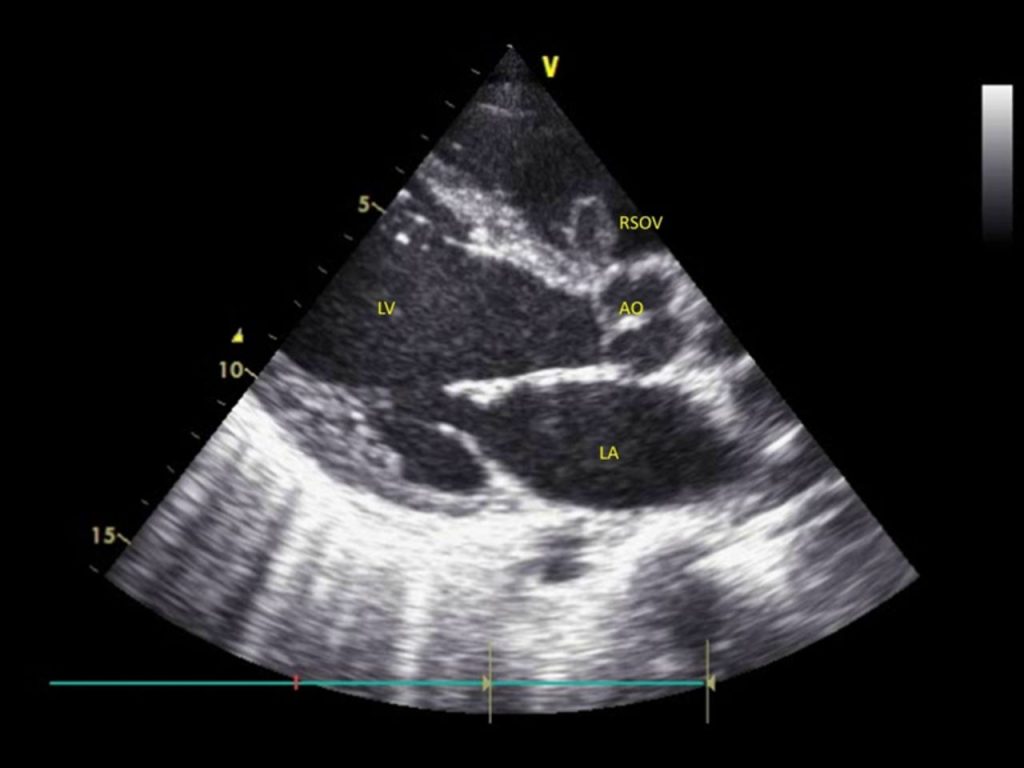A 33-year-old man in China experienced facial swelling after a night of drinking, initially attributing it to a hangover. However, this symptom was later identified as a sign of a serious heart condition known as a ruptured sinus of Valsalva aneurysm (RSOVA).
The Initial Symptoms and Misinterpretation
Following an evening of alcohol consumption, the man noticed unusual swelling around his face and eyelids. Believing it to be a typical hangover symptom, he did not seek immediate medical attention. However, as the swelling persisted and extended to other parts of his body, accompanied by chest tightness and abdominal swelling, he decided to consult healthcare professionals.

Medical Consultations and Delayed Diagnosis
Upon his initial hospital visit, tests indicated elevated protein levels in his urine. Doctors prescribed medication and discharged him without identifying the underlying cause. As his condition worsened over the next three months, he sought further medical advice. Eventually, at Qilu Hospital in Qingdao, specialists conducted comprehensive examinations and diagnosed him with RSOVA. They noted that the rupture was likely triggered by strenuous exercise following alcohol consumption.
Understanding Ruptured Sinus of Valsalva Aneurysm (RSOVA)
RSOVA is a rare cardiac condition where an aneurysm in the sinus of Valsalva—a part of the aorta near the heart—ruptures, leading to severe complications such as heart failure or cardiac arrest. Symptoms can include chest pain, shortness of breath, heart palpitations, and, as in this case, unusual facial swelling. The condition affects approximately 0.09% of the population.
The Link Between Alcohol Consumption and Heart Health
While moderate alcohol consumption is generally considered acceptable, excessive drinking can have detrimental effects on heart health. Alcohol can lead to high blood pressure, cardiomyopathy, and arrhythmias. In this instance, the combination of heavy drinking and subsequent strenuous exercise may have precipitated the aneurysm’s rupture.
Broader Implications of Hangover Symptoms
Hangovers are typically characterized by headaches, nausea, fatigue, and dehydration. However, as this case illustrates, symptoms attributed to hangovers can sometimes indicate more severe health issues. For example, a man in the UK who believed he was experiencing a hangover was later found to have suffered a heart attack. This underscores the importance of paying attention to unusual or persistent symptoms following alcohol consumption.
Advancements in Hangover Research
Researchers are exploring various methods to mitigate hangover effects and their associated health risks. A study published in 2020 highlights the need for a better understanding of alcohol hangovers to recognize potential damage and identify preventive measures. Additionally, scientists have developed a genetically engineered probiotic aimed at accelerating alcohol metabolism, potentially reducing hangover severity. However, they caution that this should not be seen as an endorsement for excessive drinking.

Awareness and Prevention
Recognizing the difference between ordinary hangover symptoms and potential medical emergencies is crucial. While facial puffiness or mild chest discomfort may not always signal something severe, persistence, intensity, or additional symptoms—like breathing difficulties or swelling beyond the face—should prompt immediate medical consultation. Public awareness campaigns and better education about the risks associated with excessive alcohol consumption could help prevent similar cases. Furthermore, healthcare providers should consider a broader range of diagnoses when evaluating post-alcohol symptoms. This case highlights the unpredictable nature of health and the importance of timely intervention, potentially saving lives through early diagnosis and treatment.
Conclusion
This case serves as a reminder that symptoms commonly associated with hangovers can sometimes mask more serious health conditions. It emphasizes the importance of monitoring one’s health and seeking medical attention when unusual or persistent symptoms arise, particularly after activities like heavy drinking and strenuous exercise.

















